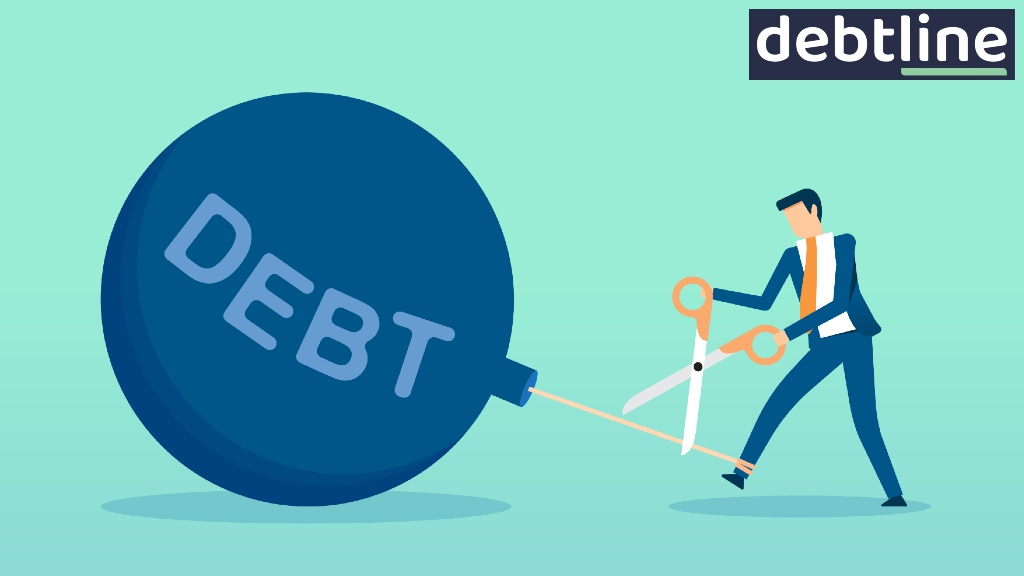How To Break the Cycle of Bad Debt in South Africa

In today’s challenging financial conditions, where interest rates are rising and monthly expenses keep climbing, many South Africans need help managing their debt. The fear of vehicle repossession and the burden of increasing loan instalments have become all too real for many. Moreover, financial stress takes a toll on mental health and overall quality of life.
With the cost of essentials like food and petrol on the rise, connected with interest rate hikes and inflation, consumers often resort to debt as a means of survival. This article delves into practical strategies for breaking the debt cycle, offering guidance on how to regain financial stability and freedom.
Understanding the Debt Spiral
The South African financial landscape has witnessed a concerning trend in recent years. A growing number of individuals are defaulting on their debt repayments, particularly concerning home and vehicle financing.
Read: How to Protect Yourself from Vehicle Repossession in SA
A 4% year-on-year increase in vehicle owners defaulting on car payments during the first quarter of 2023, totaling a staggering R4 billion, is a stark reminder of this issue. These defaults aren’t limited to vehicle loans and they encompass various financial obligations, from home loans to credit cards and personal loans.
The Mental Health Connection
Amid October being Mental Health Awareness Month, it’s crucial to highlight the connection between financial struggles and mental health. Charnel Collins, CEO of National Debt Advisors (NDA), emphasises that financial troubles frequently lead to anxiety and stress, further deteriorating one’s mental health or compounding existing issues.
Being unable to support your family, meet financial commitments, or make ends meet can naturally lead to feelings of panic and anxiety. Over-indebtedness doesn’t just impact financial security but also takes a significant toll on your emotional well-being.
Breaking the Debt Cycle: 6 Key Strategies
Janine Horn, a financial adviser at Momentum, offers six effective strategies to either avoid or break the cycle of debt and alleviate financial stress among South Africans:
- Timely Debt Repayments: Ensure you make all monthly debt repayments on time. Even a payment delayed by just 24 hours can negatively affect your credit rating.
- Meet Minimum Instalments: Structure your budget to pay the minimum instalment required for your debt repayment easily.
- Prioritise High-Interest Debts: Address your most “expensive” debts first, those that charge high-interest rates. This approach is known as the avalanche method.
- Close Unused Accounts: Credit providers assess all credit accounts, even those not in use. Closing unnecessary accounts can be beneficial.
- Overpayment: Consider paying more than the minimum required on your accounts to improve your credit standing.
- Response to Letters of Demand: Never ignore a letter of demand. Instead, be proactive and take appropriate action.
Debt Review: Your First Step Towards Financial Stability
One effective strategy for breaking free from the debt cycle is undergoing a debt review process. When individuals struggle to meet their contractual obligations, opting for debt review solutions can provide a lifeline. Debt review is a structured process where a registered debt counsellor assesses your financial situation.
They can negotiate a lower interest rate with creditors and request a restructuring of your debt repayment plan. This process enables you to consolidate your debt into more manageable instalments. Furthermore, there is no possibility of loans for people under debt review, which stops the debt spiral.
Legal Safeguards and the National Credit Act
South Africans must be aware of their rights when facing financial difficulties. The National Credit Act (NCA) plays a vital role in protecting consumers. It stipulates that creditors can only initiate repossession proceedings after following a strict legal process.
Read: Why Choosing an NCR-Registered Debt Counsellor is Important
This process includes sending a Section 129 notice or a letter of demand after an account has been in arrears for 20 days or more. Following this, a summons is served by a sheriff of the court, allowing individuals in arrears the chance to defend themselves.
Leveraging Debt Counselling Services
Professional assistance from debt counselling firms like Debtline can be a game-changer for South Africans facing the daunting prospect of uncontrollable debt. These firms, registered with the National Credit Regulator (NCR), offer various services, including debt negotiation, financial advice, and protection during the debt review procedure.
Read: 3 Common Misconceptions about Debt Review
Debt consolidation firms can stop creditors from harassing you, negotiate your debt, get payment reductions, and avoid your name from being blacklisted. Additionally, you will receive expert debt counselling while enjoying the protection under debt review.
In Conclusion: Regain Control
Breaking free from the debt cycle in South Africa requires a strategic approach. Understanding your rights, considering debt review, and seeking professional assistance can pave the way to financial freedom. Under the protection of debit review, you can alleviate financial strain and enjoy
Debtline Can Help
If you’re ready to take the first step toward financial stability and breaking the debt cycle, don’t hesitate to contact Debtline. Our team of professional counsellors are NCR-registered national debt advisors and are here to assist South Africans in their journey toward debt relief.
Fill out the form on our website to receive a free call back and the help you need to secure your financial future. Our experts have tailor-made solutions that fit any budget.